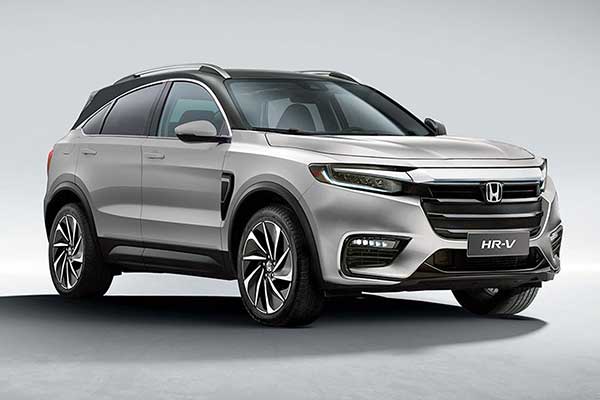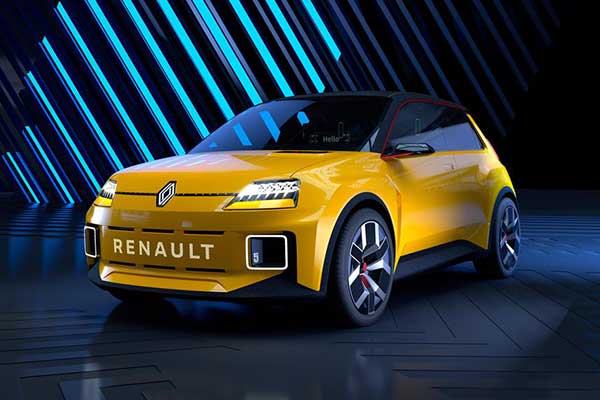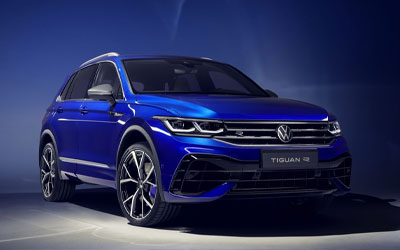As the world grapples with the urgent need to address climate change, the automotive industry has emerged as a significant contributor to greenhouse gas emissions. However, there is a growing awareness of the need for green and sustainable automotive technologies. This shift is driven by the realization that we can no longer rely on fossil fuels alone. In this blog, we will explore the promising advancements in green automotive technologies and their potential to revolutionize the way we drive.
1. Electric Vehicles (EVs):
Electric vehicles have gained significant attention in recent years as an environmentally friendly alternative to traditional combustion engines. By replacing internal combustion engines with electric motors powered by rechargeable batteries, EVs produce zero tailpipe emissions. Rapid advancements in battery technology have extended the driving range and reduced charging times, making EVs more practical for everyday use. Furthermore, the integration of regenerative braking systems allows for energy recapture during deceleration, increasing overall efficiency. With the expanding network of charging infrastructure and the development of sustainable energy sources, EVs hold tremendous promise in reducing our carbon footprint.
2. Hybrid Vehicles (HEVs) :
Hybrid vehicles combine the benefits of both electric and internal combustion engines. HEVs use a smaller internal combustion engine in conjunction with an electric motor and battery. The electric motor provides assistance during acceleration and operates at low speeds, while the internal combustion engine kicks in during higher speeds or when additional power is needed. This dual powertrain configuration significantly improves fuel efficiency and reduces emissions compared to conventional vehicles. HEVs also employ regenerative braking systems to recover energy and store it in the battery. As a transitional technology, HEVs play a vital role in the shift towards fully electric transportation.
3. Hydrogen Fuel Cell Vehicles (FCVs) :
Hydrogen fuel cell vehicles utilize hydrogen gas to generate electricity through a chemical reaction with oxygen, producing only water vapor as a byproduct. FCVs offer a long driving range and fast refueling times, making them comparable to conventional vehicles in terms of convenience. Moreover, hydrogen can be produced from renewable sources, such as wind or solar power, making FCVs a viable option for achieving zero-emission transportation. However, challenges persist, such as the availability of hydrogen refueling infrastructure and the high cost of fuel cell technology. Continued research and development are essential to unlock the full potential of FCVs.
4. Sustainable Materials and Manufacturing :
To achieve comprehensive sustainability, the automotive industry is focusing on using eco-friendly materials and adopting sustainable manufacturing practices. Many automakers are incorporating recycled and bio-based materials into vehicle production, reducing the environmental impact of raw material extraction and processing. Additionally, innovative manufacturing techniques, such as 3D printing and lightweight construction, contribute to energy savings and material efficiency. Furthermore, sustainable supply chain management, including responsible sourcing and waste reduction, is gaining prominence. By implementing these measures, the automotive industry aims to minimize its carbon footprint throughout the entire lifecycle of a vehicle.
Conclusion:
Green and sustainable automotive technologies are transforming the transportation landscape and steering us towards a greener future. Electric vehicles, hybrid vehicles, and hydrogen fuel cell vehicles offer viable alternatives to conventional combustion engines, reducing greenhouse gas emissions and dependency on fossil fuels. Moreover, the integration of sustainable materials and manufacturing practices contributes to the overall sustainability of the automotive industry. However, to achieve widespread adoption, collaboration between governments, automakers, and consumers is crucial. By embracing and supporting these advancements, we can pave the way for a cleaner and more sustainable transportation system that benefits both the environment and future generations.





